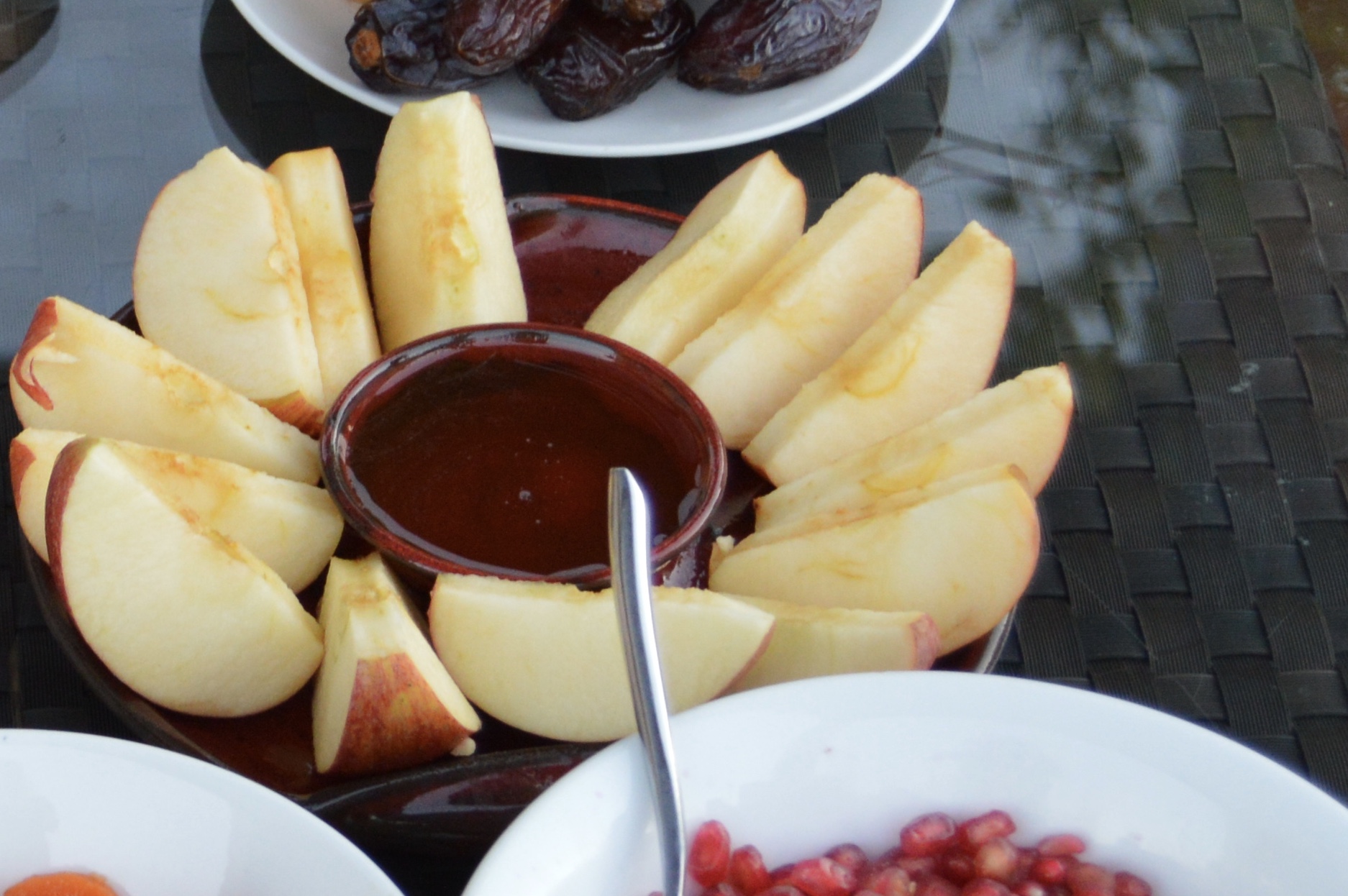Together Again
The enduring importance of physical gathering
Carl Yonker

Had it really been almost three years, I kept asking myself several weeks ago while visiting family in London. Indeed, it had. The last time we visited was December 2019, when the three of us (me, my wife, and our then-only son) went for Hannukah and Christmas vacation.
We stayed at my sister-in-law’s house and spent a day with them before they left for a ski trip, while my parents and brother arrived from Colorado and Oregon to spend the holidays with us. One family, scattered between three continents, coming together.
And then came Covid-19. Among other things, it disrupted what had hitherto been regular, frequent visits with family to celebrate holidays and birthdays or just have a vacation and spend time together in Israel, the US, and the UK. No big, wild family gatherings for Friday night Shabbat dinners, no visits around Pesach, Christmas, Shavuot, or the high holidays.
My parents, as non-Israeli citizens, were not allowed to come to Israel when our second son was born in the middle of the pandemic. They missed the birth. Only after two months of rejected travel exemptions were they able to visit. My sister-in-law, an Israeli citizen, could visit us with my nephew, a minor without Israeli citizenship, but my 20-year-old niece, who is not an Israeli citizen, could not.
Not a few olim and their relatives abroad had similar experiences, their families impacted by the very same travel restrictions. Israel’s entry and exit policy cut the country off from Jewish communities abroad and was decided upon by representatives from the Health Ministry, Foreign Ministry, and Interior Ministry. Notably absent from the list – the Diaspora Ministry.
The oversight wasn’t intentional, nor was there any malice behind it. However, in its efforts to protect and safeguard the health of Israeli citizens, the government overlooked that Israel is not an island and is a nation of immigrants, some of whom are deeply, intimately, actively, and inseparably connected to their families abroad. In closing the borders, families were cut off from each other and the bureaucracy to secure exemptions offered little reprieve.
Some olim were angry, frustrated, and deeply saddened. One who gave birth observed it took the Knesset quite some time to realize that births are an important reason for grandparents to travel to Israel – not only to meet their grandchildren, but to help.
Others expressed shock. We live in a global, interconnected world where we have grown used to the idea that we can freely move from place to place to see each other when we want. Diaspora Jews, in particular, had grown accustomed to the ability to move back and forth between Israel and their homelands freely; the sudden inability to do so delivered a stinging blow to what had become habit.
Technology gave us the means to compensate for these restrictions. As they had before the pandemic, Facebook, Instagram, and other social media platforms enabled us to maintain our connections with family and friends. WhatsApp enabled us to exchange messages, share photos and videos, and make phone or video calls to family and friends at no cost frequently. Zoom enabled us to share holidays together as we celebrated in our own homes when physical gathering was impossible.
These technologies are important and valuable; however, they are not a replacement for being together at the same time and in the same place. The emotional connections we make through physical gathering are critical in building and sustaining family, friendships, and community.
Seeing pictures and watching videos of young grandchildren laughing and playing, or having a video call with them, is good for the soul, but it is not the same as being with them in the flesh.
As much as online interactions and communities help us bridge gaps of time and place, they cannot entirely replicate the feelings and energy of physical gathering.
The experiences of going to see Lin-Manuel Miranda’s musical Hamilton with my wife, taking my eldest son to see C.S. Lewis’s classic The Lion, the Witch, and the Wardrobe, and going to see Flogging Molly, one of my favorite punk bands, with my nephew in-person were not the same as experiencing those events online would be.
The feeling of singing at the top of your lungs together with more than a thousand others just can’t be replicated online, nor can the adventure of getting stuck on the tube with your wife and racing to grab a cab to make it to a musical on time.
It is not just the physicality of attending those events together that is significant and meaningful. It is the “in-between” times – what we experience together around the main event – that provide us with connection and meaning that cannot be recreated or captured in the virtual world. The conversations, the traveling to and from the venue, sharing a meal together – mundane interactions that infuse life with substance and meaning.
Gathering is essential to life. The approaching High Holiday season is the first with the fewest restrictions on travel and gathering since the onset of the pandemic.
Families and communities can come together again to celebrate the holidays not while sitting in front of a computer or a propped-up cellphone, but in person, in real-time, face-to-face.
Sure, for some, these holiday gatherings can be crazy, stressful, or filled with drama, but they are essential to nurturing relationships and promoting a sense of belonging and community.
“No man is an island,” wrote the poet John Donne; we need each other, and gathering allows us a togetherness that no technology will ever replace.
I cannot wait to be in London once more in a few short weeks to celebrate Sukkot and my nephew’s 18th birthday. Together, again.
Shanah Tovah u’Metukah!
